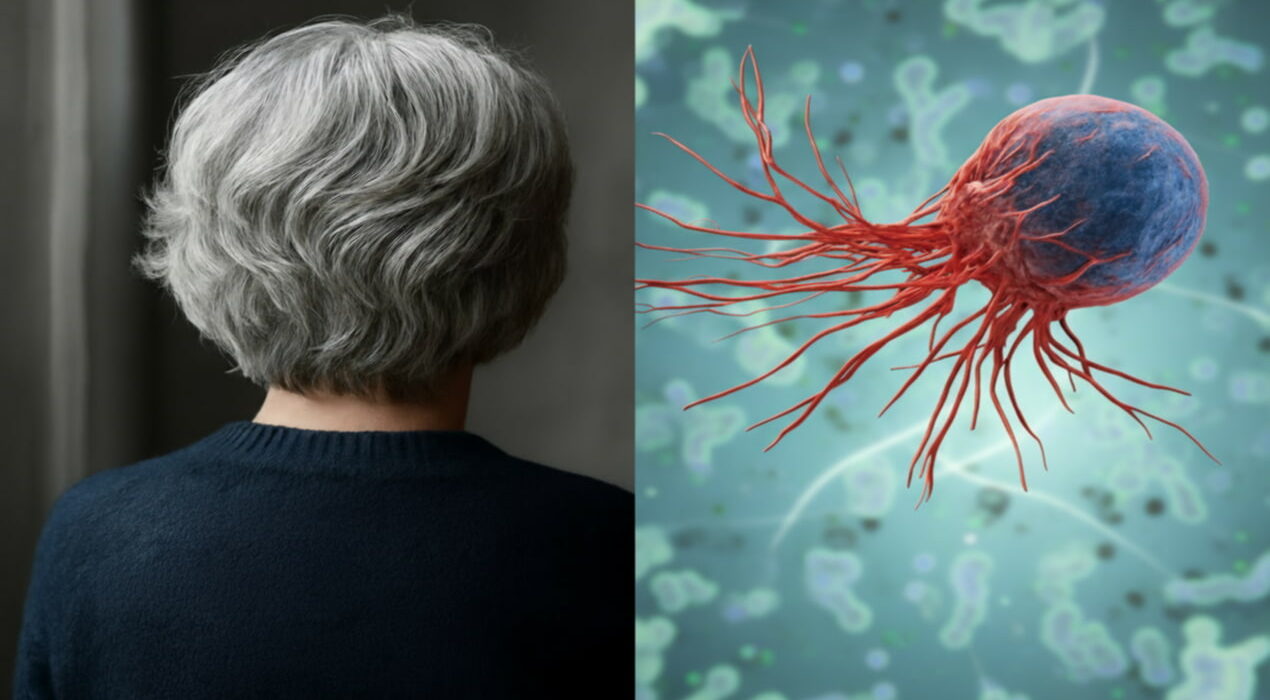Grey Hair May Protect Against Cancer, Study Finds
New research suggests that grey hair may do more than signal ageing. It might reflect the body’s way of protecting itself from cancer. Scientists from the University of Tokyo discovered that greying could mark a process that removes DNA-damaged pigment stem cells a built-in defence against cell damage.
Their study, published in Nature Cell Biology on October 6, 2025, found that stem cells responsible for hair colour either turn grey and exit safely or stay damaged and risk becoming cancerous. This process, called “seno-differentiation,” shows how the body sometimes chooses protection over pigmentation.
Hair Greys and Protects the Body
Here’s how it works. When pigment stem cells face DNA damage, they stop renewing. Instead, they mature, leave their spot in the follicle, and get cleared out. As a result, the hair loses its colour and turns grey. This may look like ageing, but it actually prevents damaged cells from staying behind and turning harmful.
However, when carcinogens like UV radiation interfere, this protection may weaken. The surrounding environment sends signals that help the damaged cells survive instead of leaving. Those surviving cells can then multiply, increasing the risk of melanoma a type of skin cancer.
What It Means for Ageing and Cancer
This doesn’t mean grey hair makes you immune to cancer. Researchers explain that greying shows where the body has removed risky cells, not that it prevents disease entirely. Still, early greying in sun-exposed areas might hint that the body is actively clearing out damaged cells.
Interestingly, treatments that stop greying could interfere with this natural defence. Therefore, the next time you notice a silver strand, remember it might be your body’s quiet way of protecting you.






